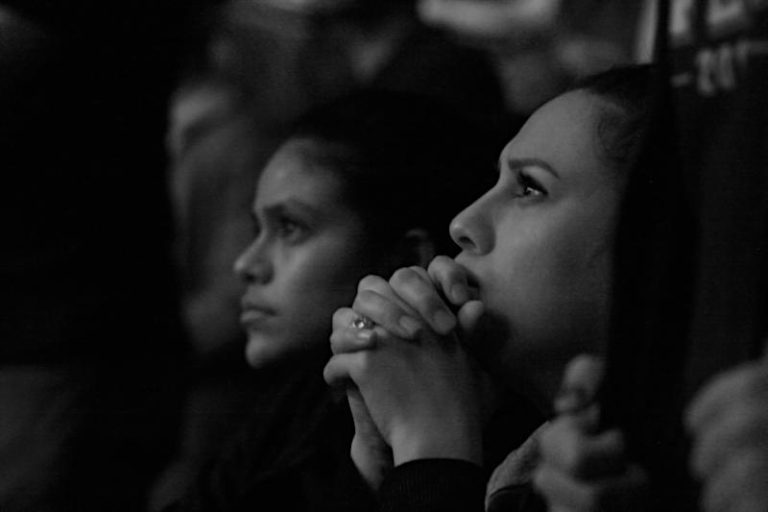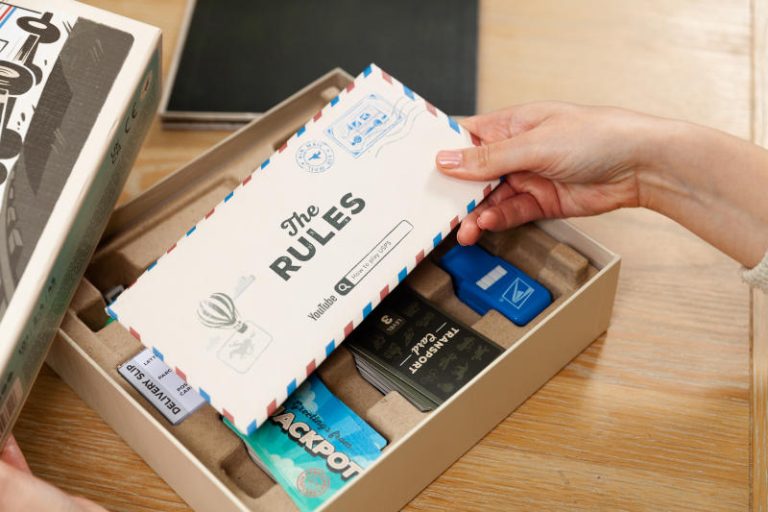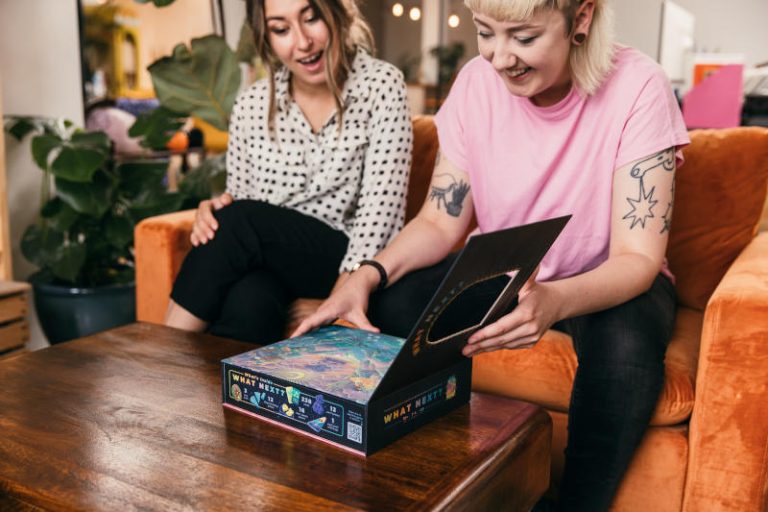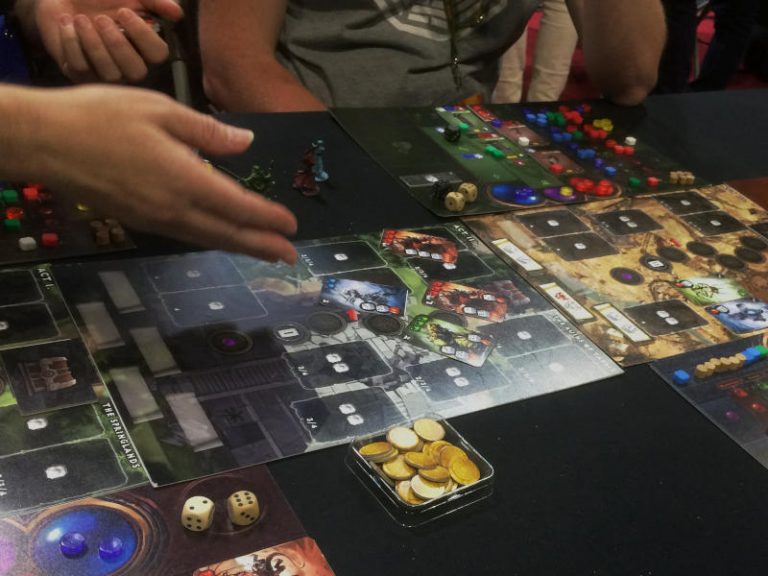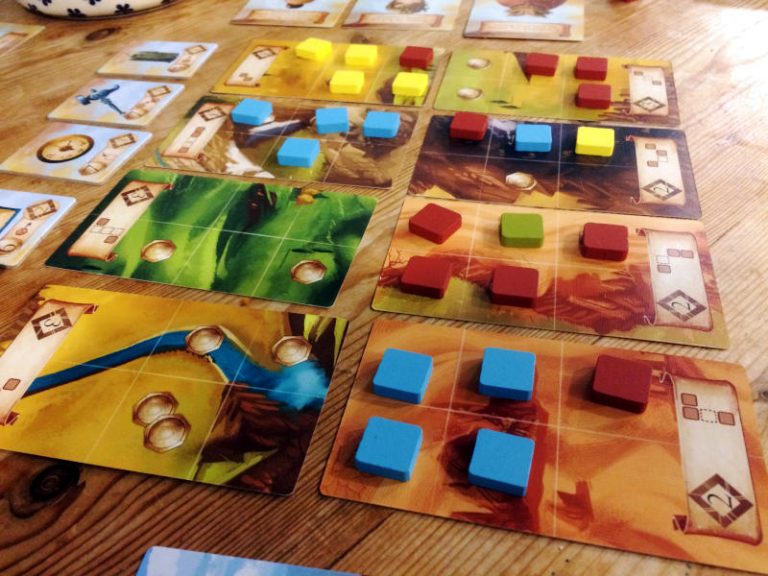Teaching games – responsibilities as a learner (Topic Discussion)
Here is another article in my series about teaching games. Last time I spoke about the responsibilities the person has who teaches the game. This time I want to cover what is expected of the people learning the game. After all, the teacher will not get anywhere if no one is willing to actually learn the game. So, as a learner there are certain things you have to try and do to make the rules teach easier for everyone.


